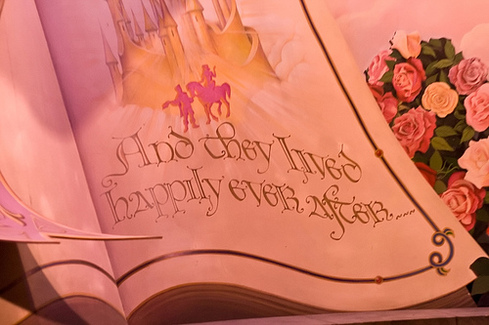You know that moment in fairy tales and other fictional stories (and some non-fictional too) when everything seems doomed and, out of nowhere, something happens that changes all for better? Well, that's an eucatastrophe.
This term was coined by my beloved J. R. R. Tolkien in his work "On Fairy-Stories" (1947), and can be defined as "sudden turn of events at the end of a story which ensure that the protagonist does not meet some terrible, impending, and very plausible doom". He formed the word by affixing the Greek prefix eu, meaning "good", to catastrophe, the word traditionally used in classically-inspired literary criticism to refer to the "unraveling" or "conclusion" of a drama's plot.
So, next time you stumble upon such an event, you know what to call it.
This term was coined by my beloved J. R. R. Tolkien in his work "On Fairy-Stories" (1947), and can be defined as "sudden turn of events at the end of a story which ensure that the protagonist does not meet some terrible, impending, and very plausible doom". He formed the word by affixing the Greek prefix eu, meaning "good", to catastrophe, the word traditionally used in classically-inspired literary criticism to refer to the "unraveling" or "conclusion" of a drama's plot.
So, next time you stumble upon such an event, you know what to call it.
~Ally

 RSS Feed
RSS Feed